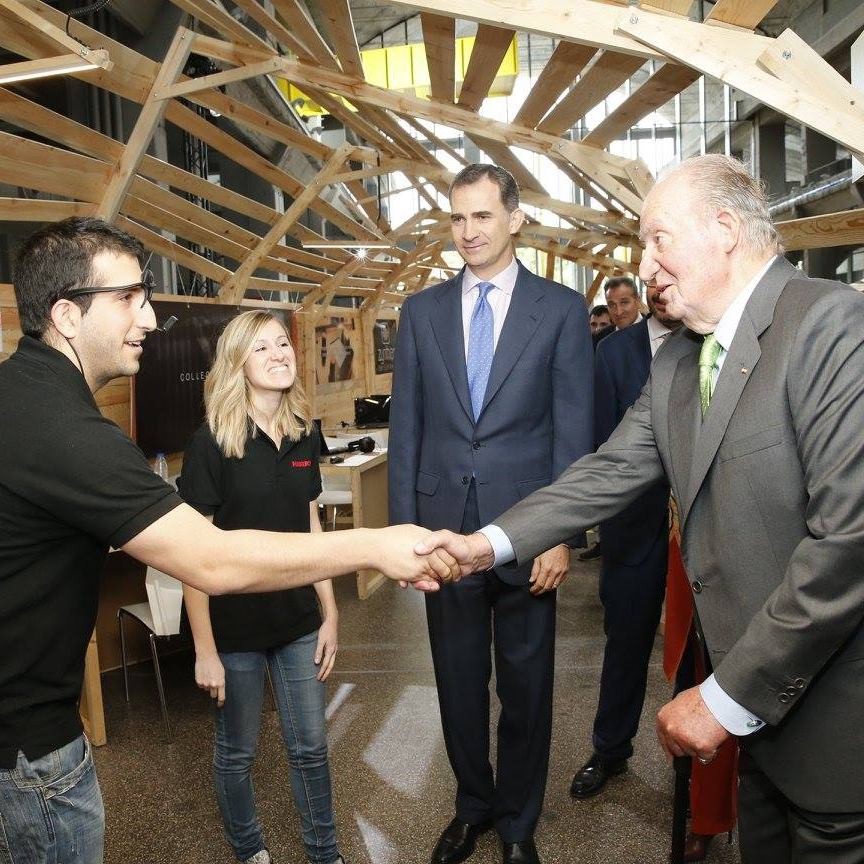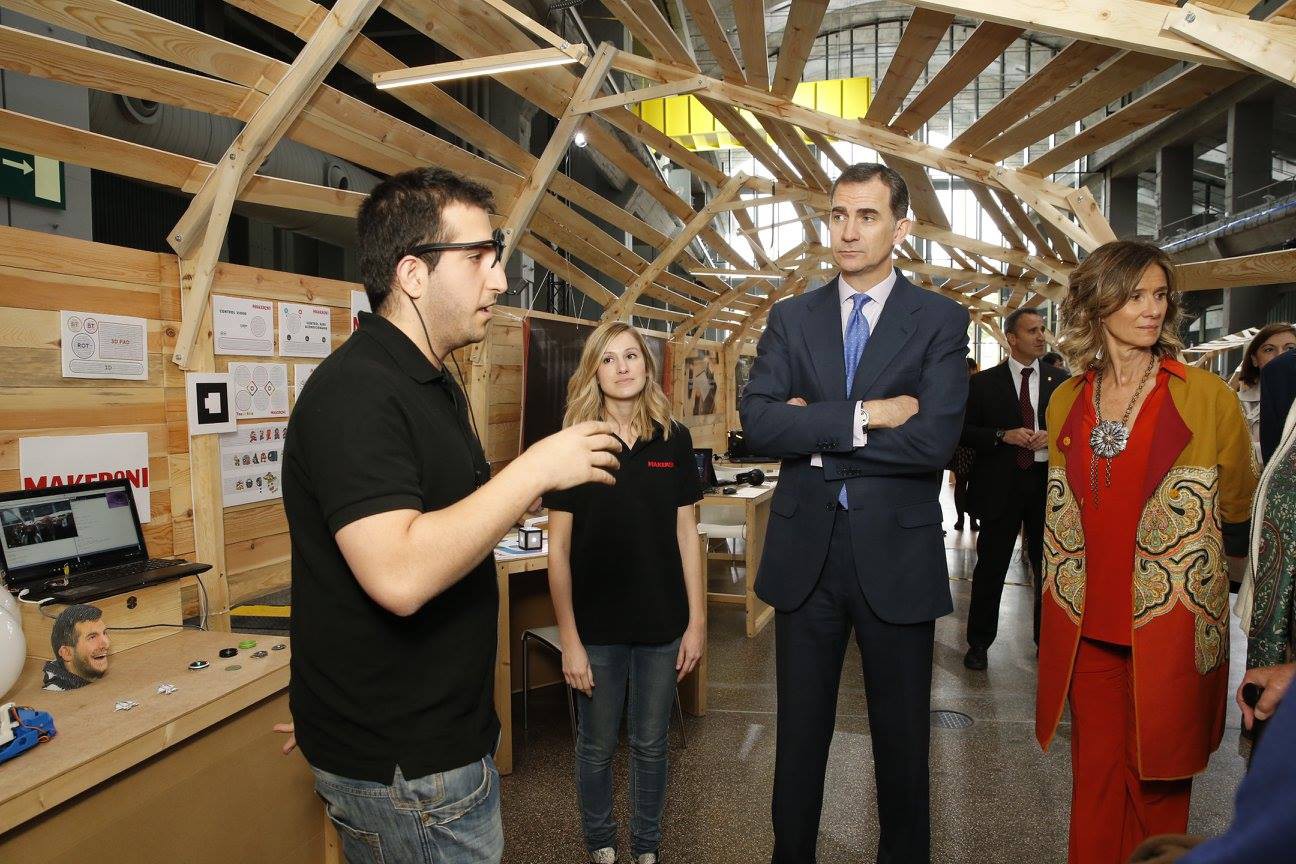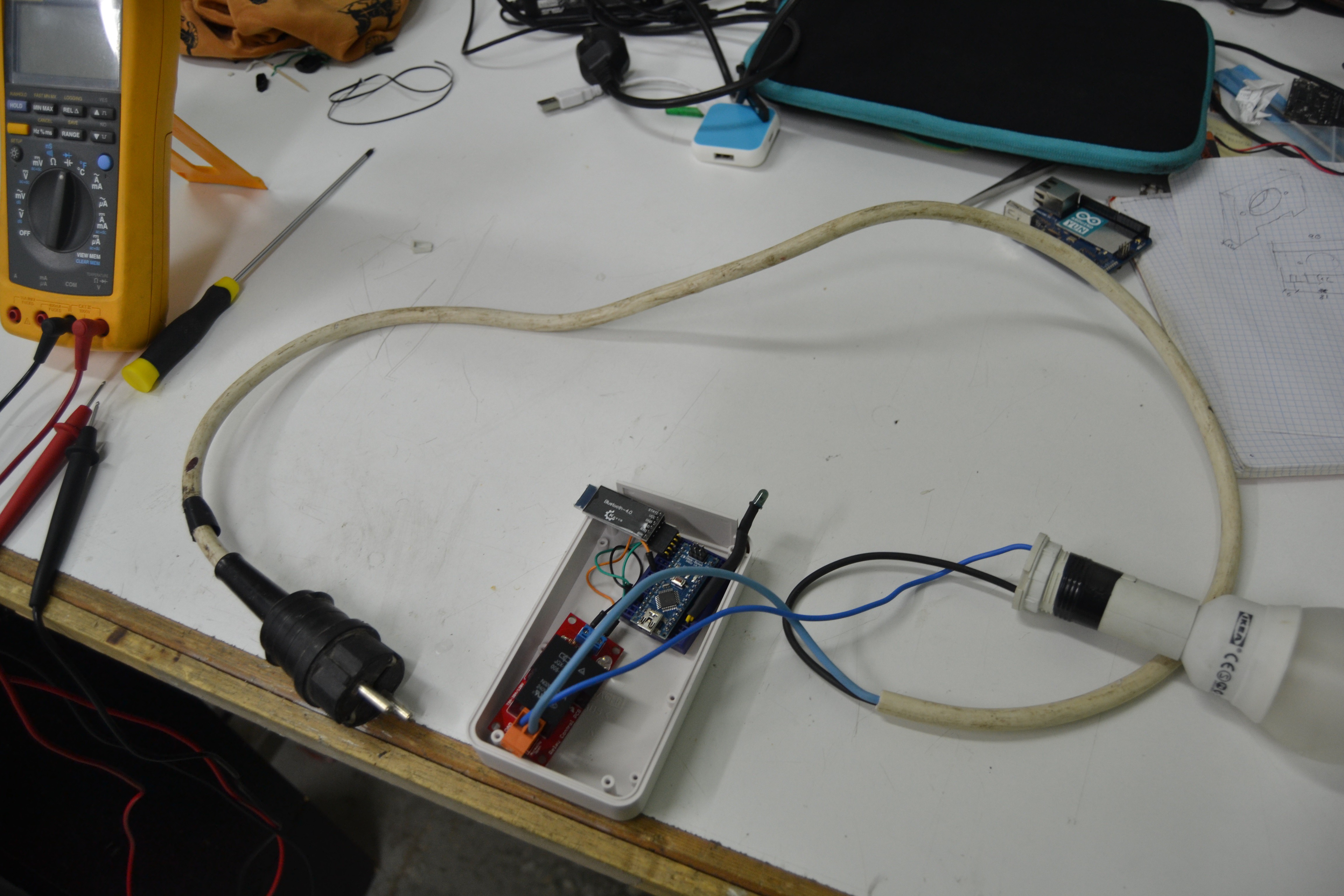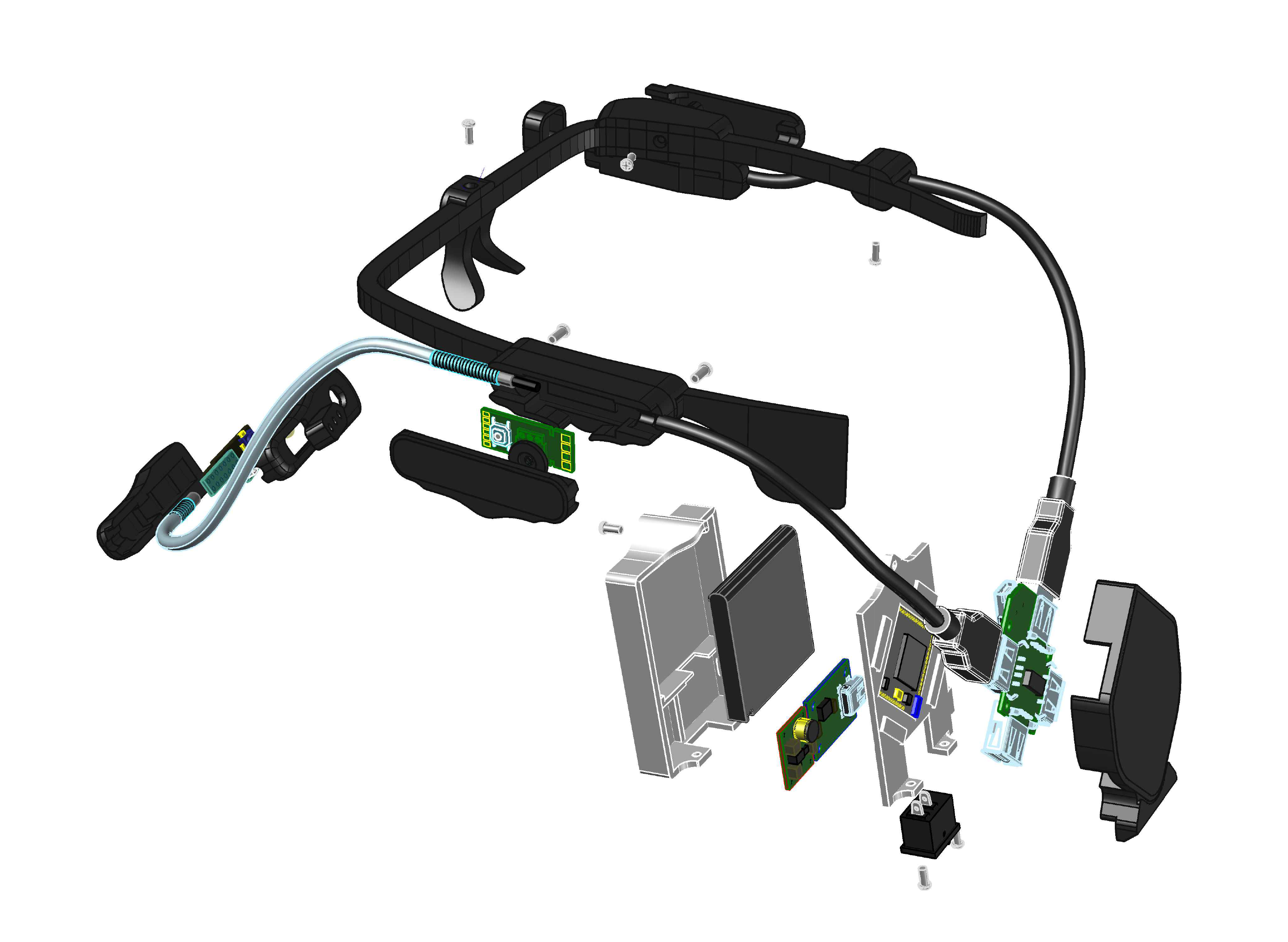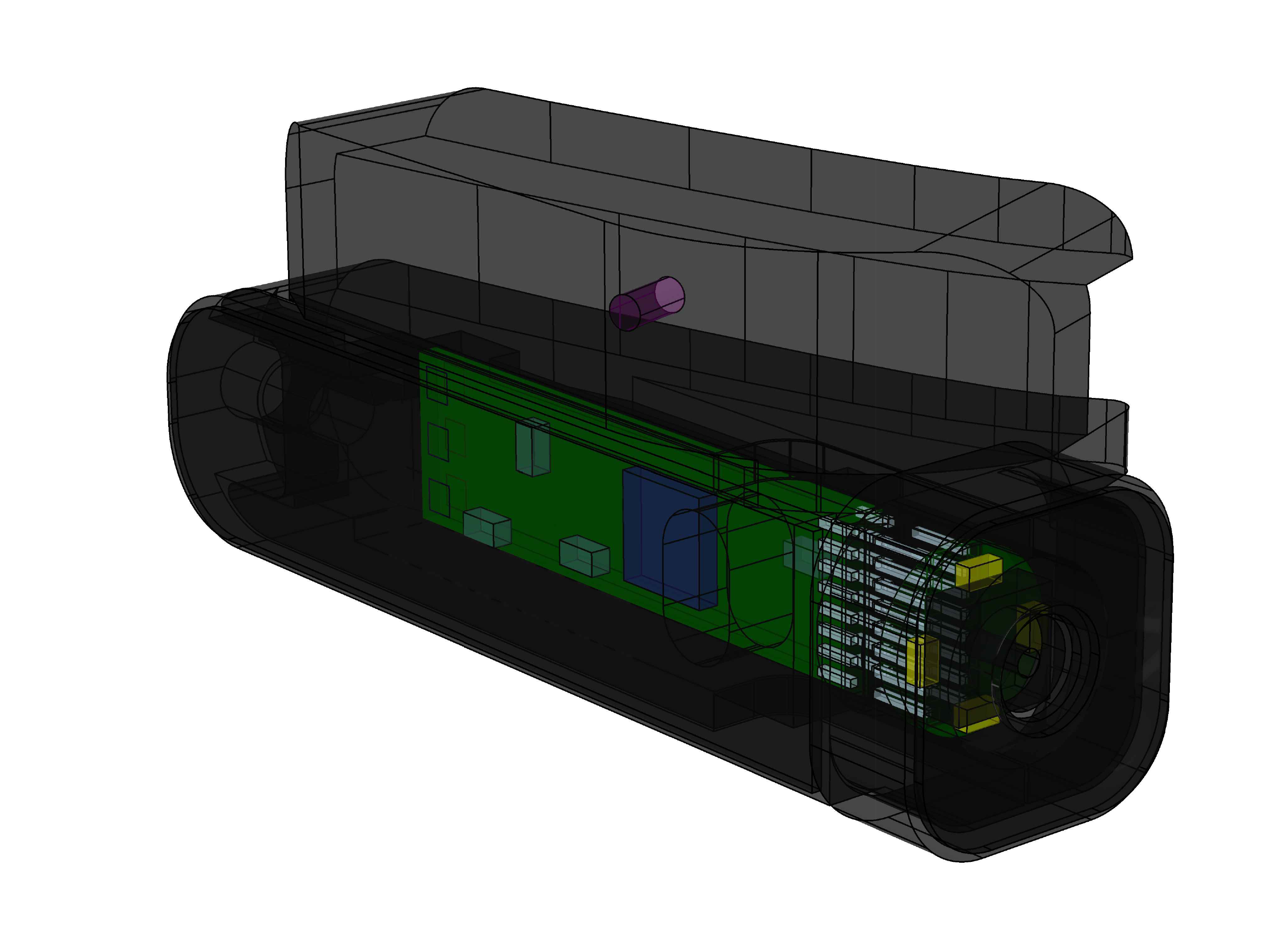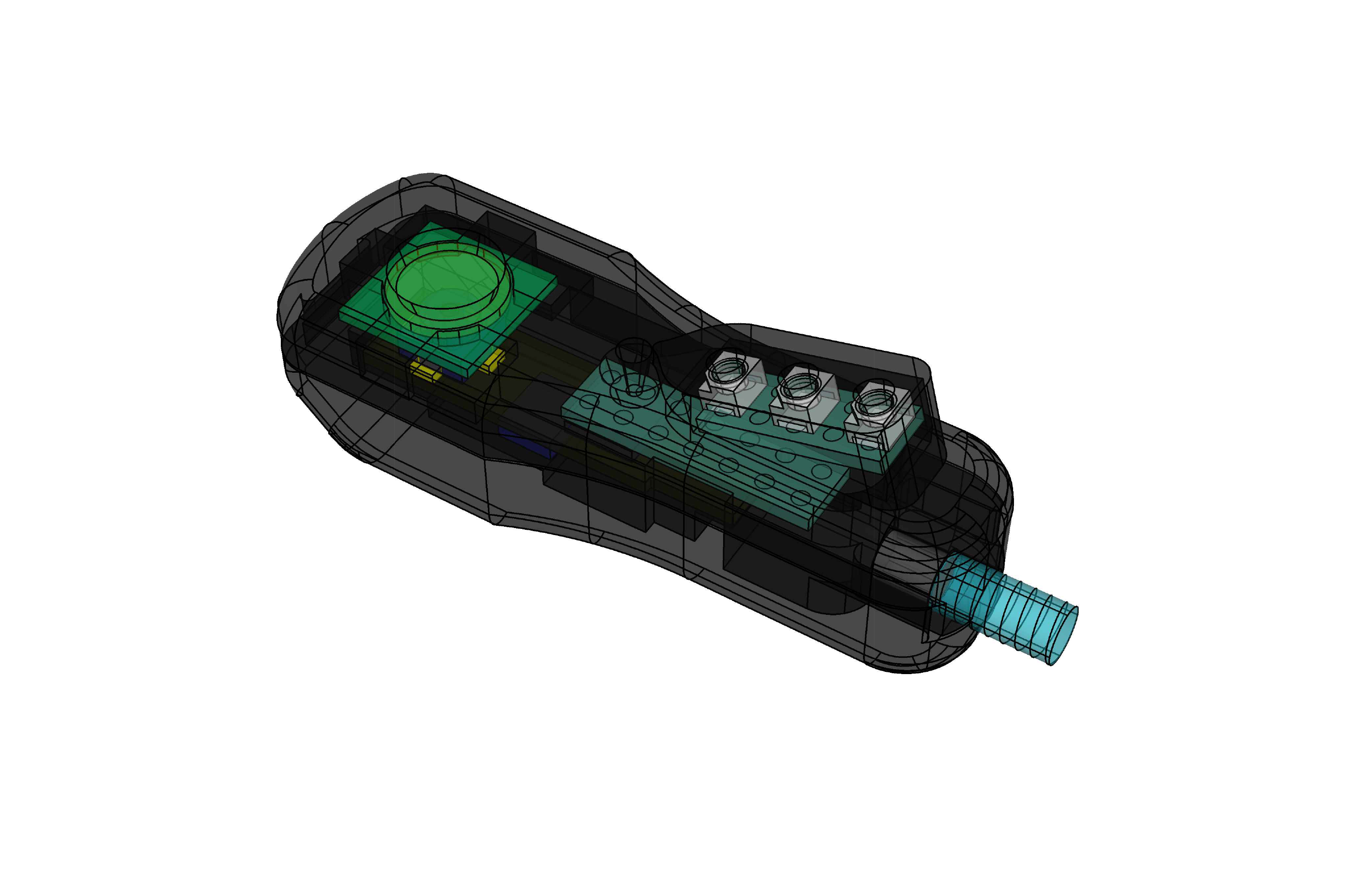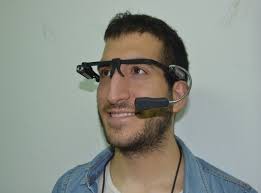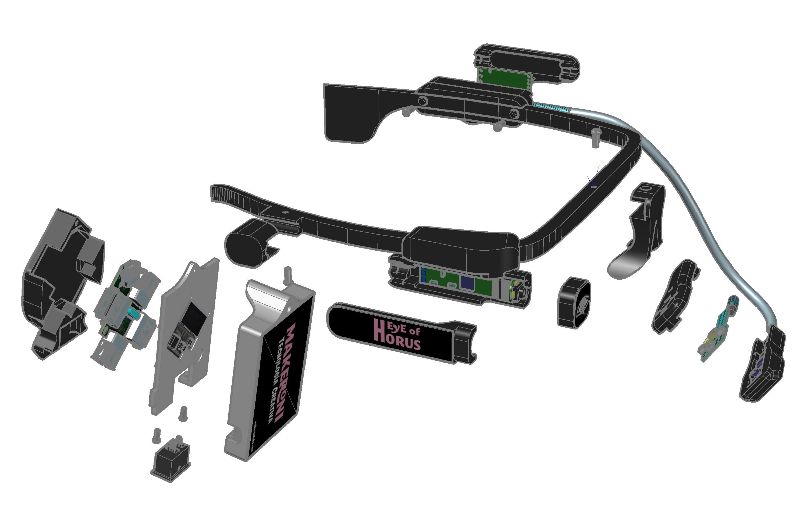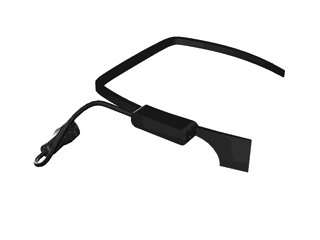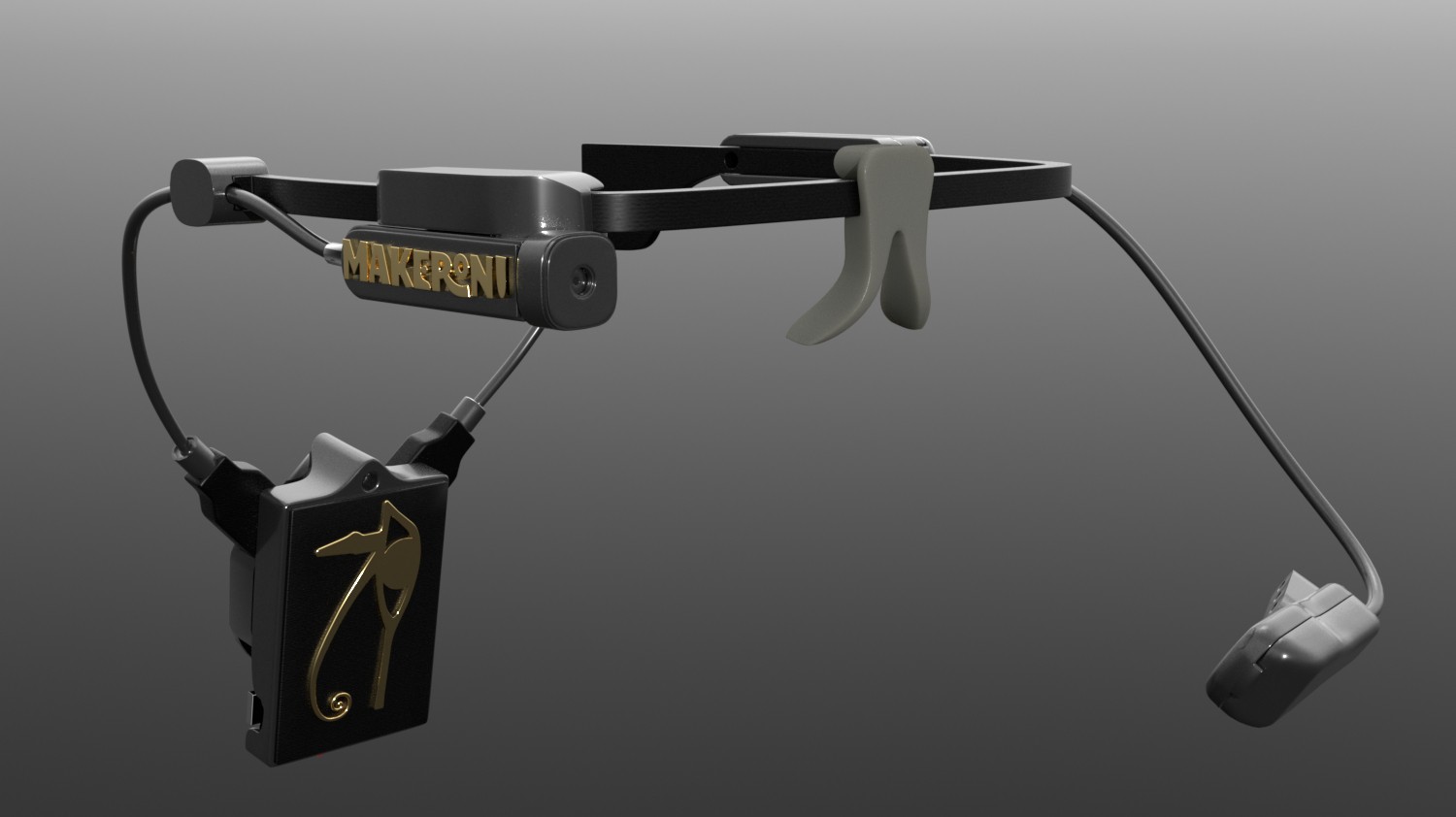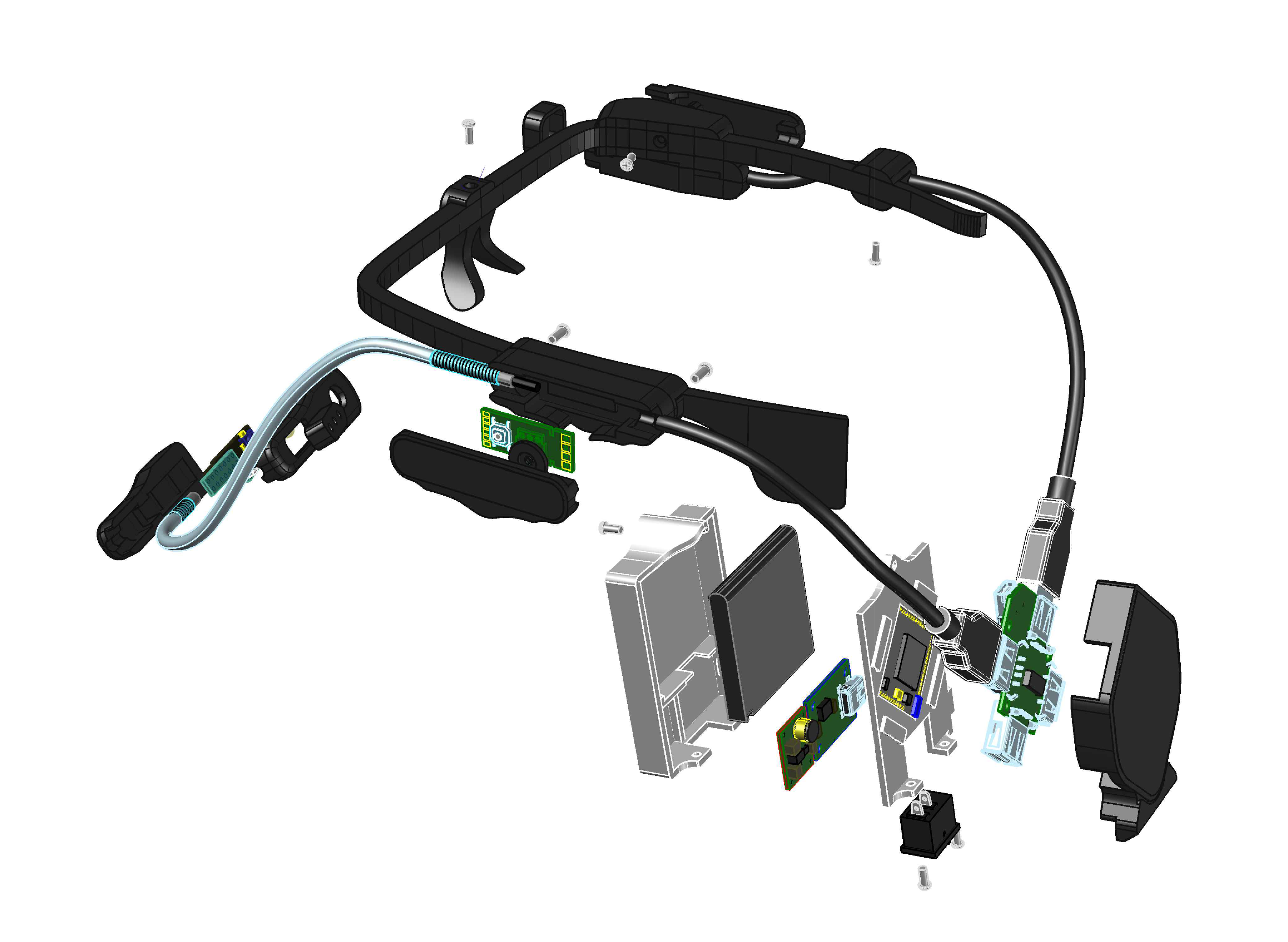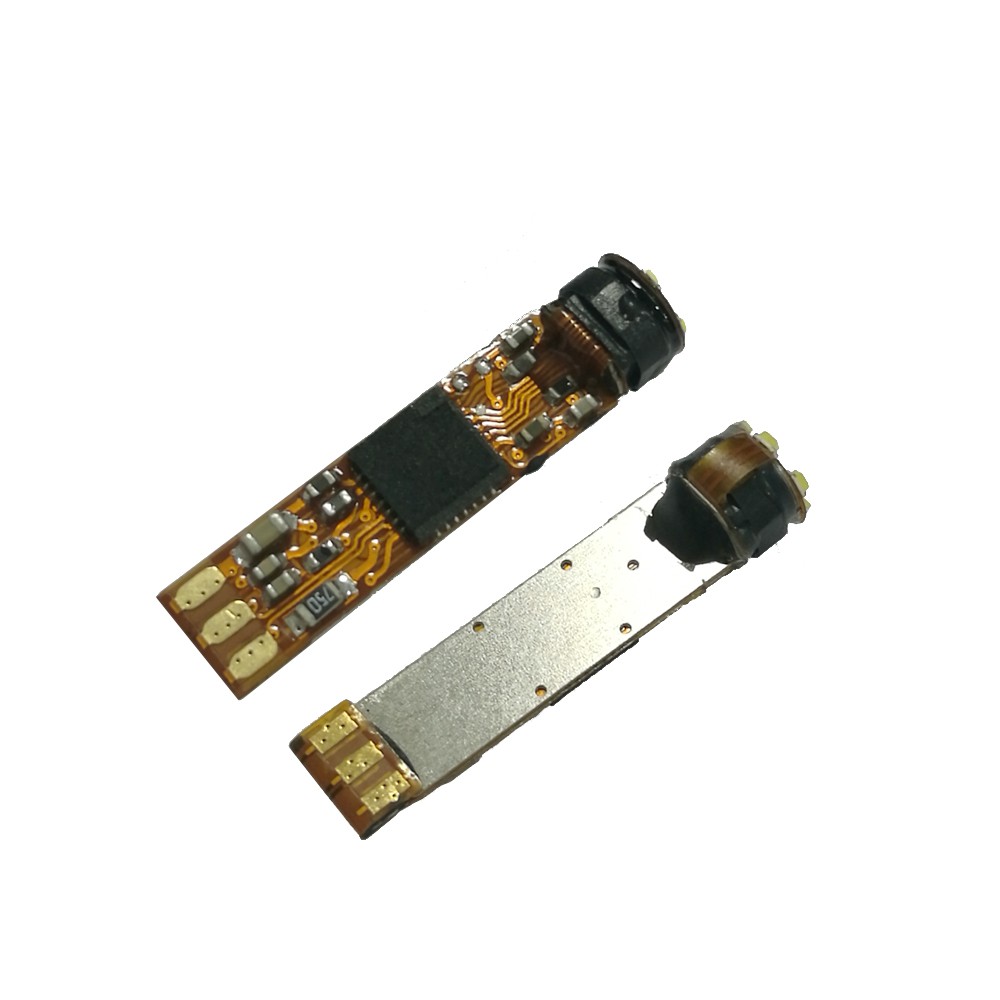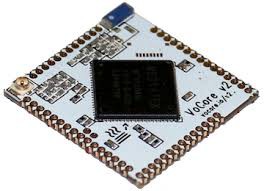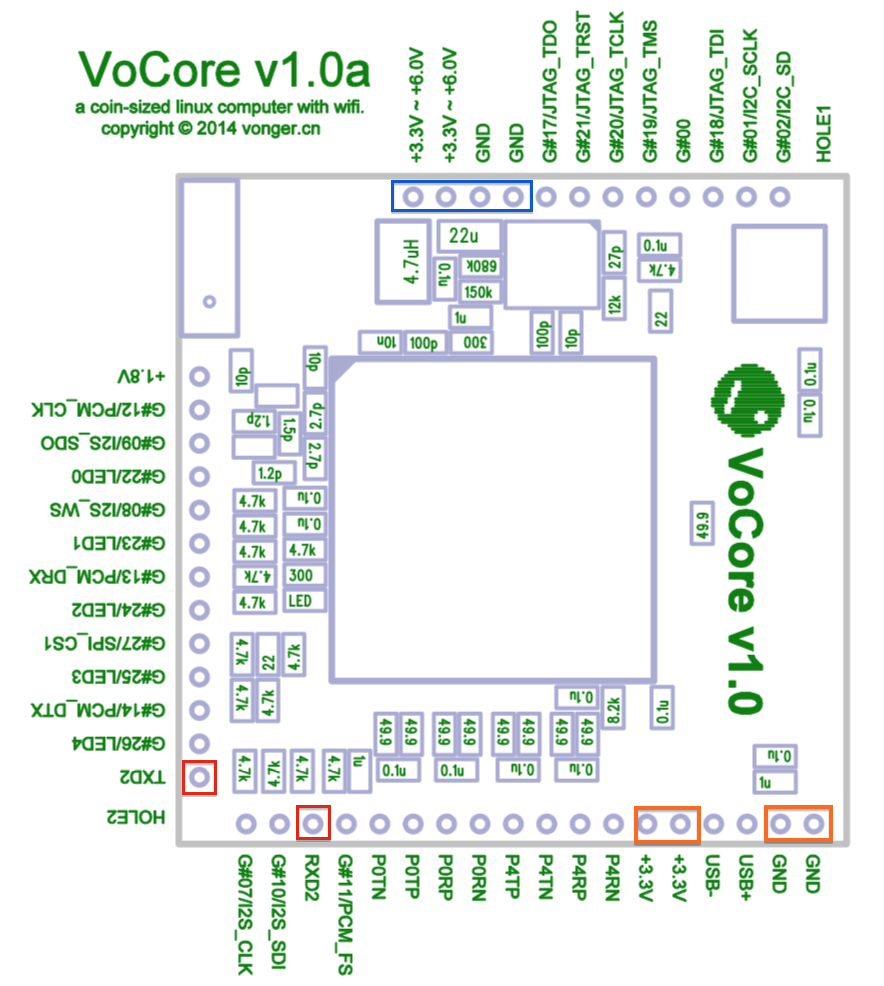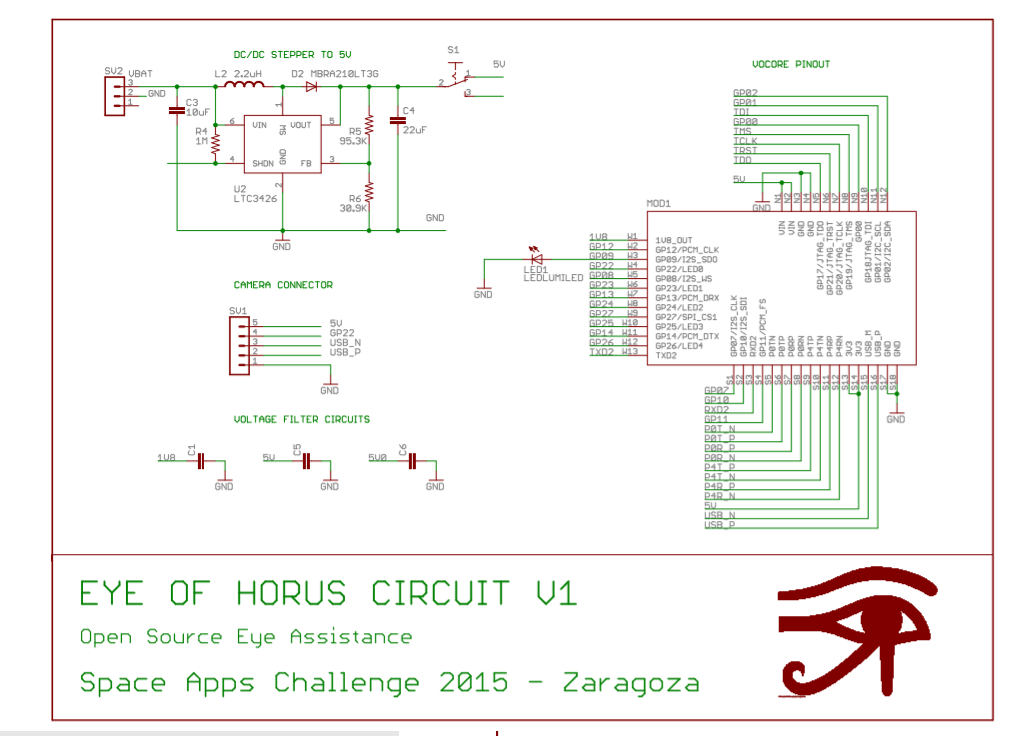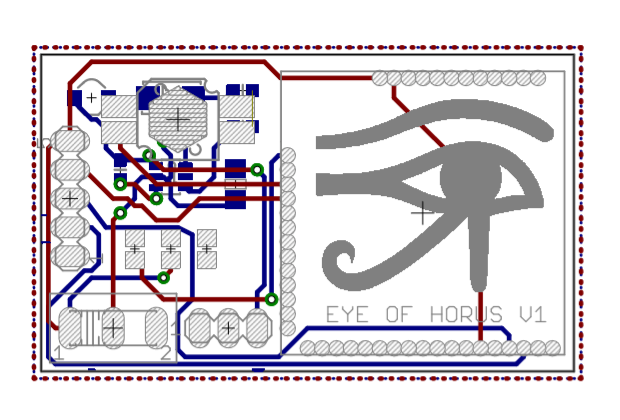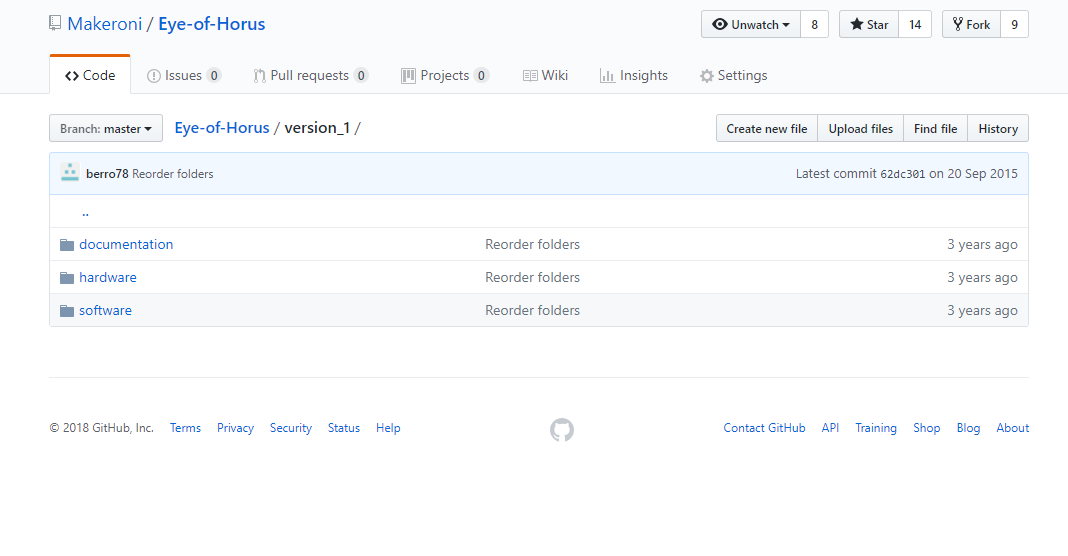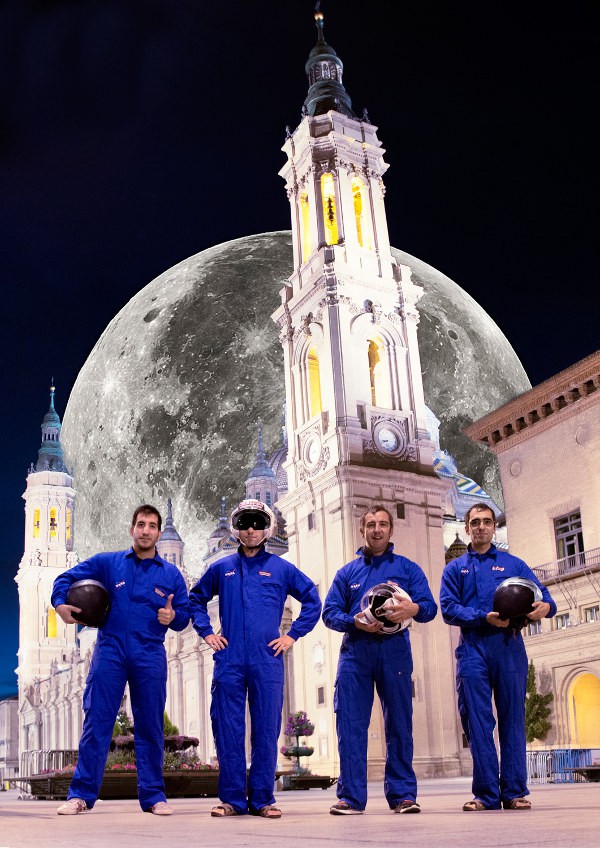The challenge is to design and build a wearable accessory that could be useful for the people in their activities. The device would facilitate their work through a natural interface so they can do different things without using their hands. Thanks to it, they will be able, for instance, to interact with a distant device just looking at it.
- Wearables: Wearable refers to the set of electronic devices which are incorporated in any part of our body that continuously interact with the user and other devices in order to perform a specific function. Smart watches, sports shoes built-in with GPS and bracelets that monitor our health are examples of this technology which is increasingly present in our lives. One of the best known wearables is Google Glass. Our device could be designed as an accessory to use with Google Glass to simplify the hardware and reduce its costs.
- 3D printing: The device must be durable and made from a non-brittle material. Due to this, we have decided to make it using 3D printers. This technology is cheap and easy to build so the device could be replicated worldwide or even in the space.
- Open Source: We believe open knowledge is contributing to a better world and Eye of Horus is designed as an open source platform, both hardware and software. The schematics and the implemented software can be found in the project Github repository, allowing people to modify, improve and redistribute their contributions.
- Internet of Things: The Internet of Things (IoT) is a growing trend that extends internet connectivity beyond traditional devices like computers, smartphones and tablets to a diverse range of devices and everyday objects. This revolution increases the possibilities of the Eye of Horus allowing you to control the light level of your kitchen or turning on the coffee machine just using your vision. Therefore, the device must have built-in wireless capabilities, which is the base of IoT.
- Low Cost Solution: We have developed a simple and low cost solution to detect and identify the objects in our surrounding. Infrared leds are used as light beacons (similar to LiFi technology) emitting different frequency pulses for each device (PC, camera, TV, microwave...). The frontal camera of our dispositive detects this light, differentiating and communicating the objects when you look at them.
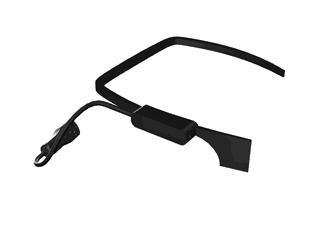
Eye of Horus lets you interact with devices and objects just looking at them. The main application in the current challenge is to improve the work and safety of the NASA ground engineers and astronauts but this device could also make common people's lives easier:
- Disability. People with functional diversity or who is hospitalized could use it to perform tasks which would be impossible due to their reduced mobility.
- Driving safety and control. Thanks to our device, drivers could interact with the radio or car phone with both hands on the wheel. Their eyes could be also monitored to detect drowsiness or lack of attention on the road and prevent a potential accident.
- Entertainment. It could be used as an eye-controlled mouse to play video games and position the targets just looking at them.
DEMOS
We made a challenge with Eye of Horus. A person with the device had to look several letters of the keyboard making a word and another person had to be able to guess it. Are you able to guess it? ;)
MORE INFORMATION AND OTHER PROJECTS:
https://2015.spaceappschallenge.org/project/eye-of-horus---open-source-eye-assistance/
 Makeroni Labs
Makeroni Labs